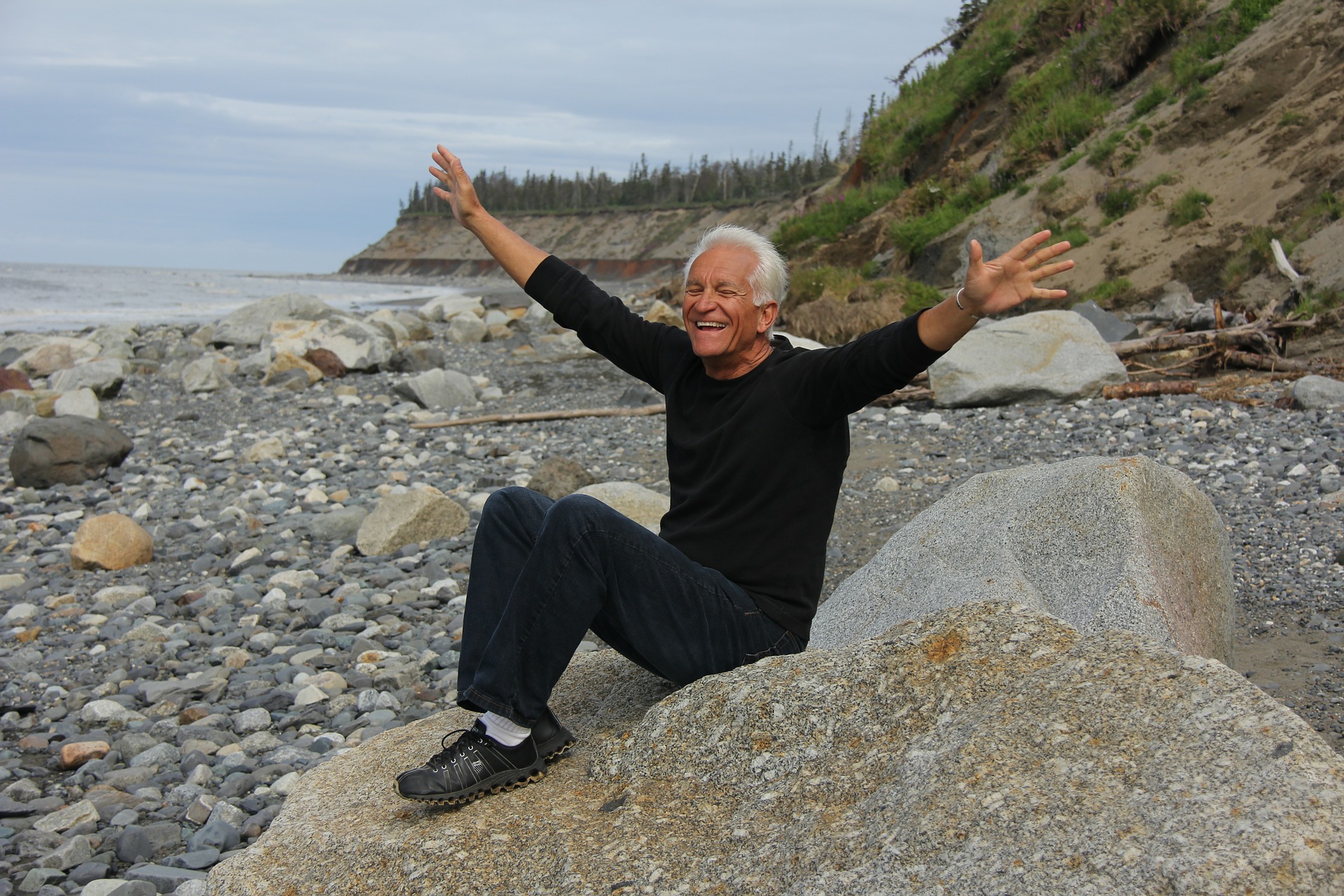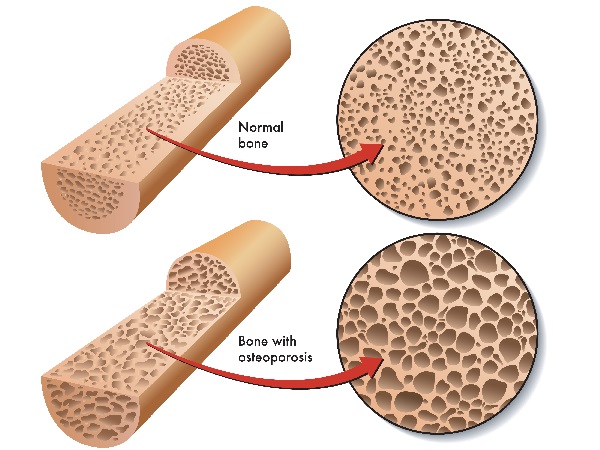What are Blue Zones?
There are 5 identified places in the world where people live long, healthy lives. They have the highest number of healthy centenarians per capita than anywhere else on earth. They are:
- Nicoya Peninsula, Costa Rica
- Sardinia, Italy’s Nuoro province
- Okinawa, Japan
- Icaria, Greece
- Loma Linda, California
These areas have multiple cultural characteristics in common and people born in these areas grow up in a culture of health. They don’t have to learn to be healthy. They don’t even know they are living healthy. They are just living the life they are born into.
I recently watched a video of a first grade class in which Chef Jamie Oliver showed the 6 year olds many different vegetables and not one of the first graders could name one. Tomatoes, cauliflower, broccoli, etc. were completely unrecognizable to the 6 year olds. Do you think these children were born into a Blue Zone? Definitely not.
Unfortunately, these children are growing up in a culture in which they learn unhealthy habits and lifestyle. This is true of most westernized cultures with a strong Industrial Food Complex, the majority of which produce food grown in toxic environments (pesticides, herbicides and GMOs), process the nutrients and health out of food and add both addictive and toxic substances (sugar – inflammation, obesity and cancer/ salt – high blood pressure and autoimmunity). Most children in “civilized” cultures spend a tremendous amount of time in inactivity – between schools that have given up recess, physed and sports for all and homes full of electronics when children get home.
So what is there to do? No less than change our culture. The place to start is in our homes and in our schools. To do this we must change our own habits and personal culture. To do this we can take some lessons from Blue Zones and learn habits for implementing change. There are many habits that we can learn to become healthy. Here are 7 that I have come up with.
Habit One: Live on Purpose
Maintain a life purpose that is:
- Defined by a lifelong curiosity
- Ask lots of questions – “I wonder…?”
- Based on knowing what you value
- You can’t find your purpose without knowing this
- Fluid with your life stages
- As your values change
- Enjoyable and motivating
If you are stressed it is difficult to focus on the things that bring you value. This is because
- Stress is the politically correct word for fear and
- Fear is the greatest learning disability. It blocks insight.
- “It’s difficult to remember the initial purpose was to drain the swamp when you’re up to your eyeballs in alligators.”
Finally, take action because insight without action is just fluff
Habit Two: Take Responsibility for Your Own Health
- People in Blue Zones don’t have to do this, but we do.
- Cultivate a lifelong desire and interest in learning what it means to be healthy.
- Take action to educate yourself
- Even if not originally interested.
Habit Three: Eat Healthy
Learn what eating healthy is for you
- Gluten free?
- Paleo?
- Low Glycemic?
- Organic?
- Mediterranean?
- Piscatarian?
Greater emphasis on
- Plant based – 2/3
- Whole food
- Free range
- Healthy fats
- Moderate wine consumption.
Take Action to change what you eat.
Habit Four: Engage in Physical activity – Take Action
- Regularity
- Frequency based on weight
- Type based on weight & health
- Active lifestyle
- Sports
- Resistance + HIIT
Habit Five: Manage Toxins
- Blue Zones tend to have fewer toxins. Industrialized countries do.
- So we must manage toxins
- Bodies designed to remove toxins, but also to store them
- Learn what & where is toxic & how to avoid toxins
- Detoxify
Habit Six: Live Sustainably
- Blue Zones tend to do this
- But also, to form new habits we have to implement lifestyle change at a rate that is
- Sustainable and
- Habit forming
Habit Seven: Engage in Community
- Engage in
- Spirituality or religion
- Family
- Social life.
- Relationship is required
- To know who you are
- To know what you value and
- To feel
- Lovable/Loving
- Capable
- Valuable
- Powerful
- That you have a place to belong
- Community provides
- Connectedness
- Groundedness
- Practice mindfulness in all your relationships
- Learn to identify your own values – what is valuable to you
- Those things that bring you joy and pleasure.
- Then learn to identify those things that others value.
- Attend to both in every interaction & bring both sets of values into the conversation.
- This is the basis of
- Empathy
- Win-win negotiation
- Mediation
- Successful relationship
- Success in life
- Learn to identify your own values – what is valuable to you




0 Comments